Pahari Sanyal
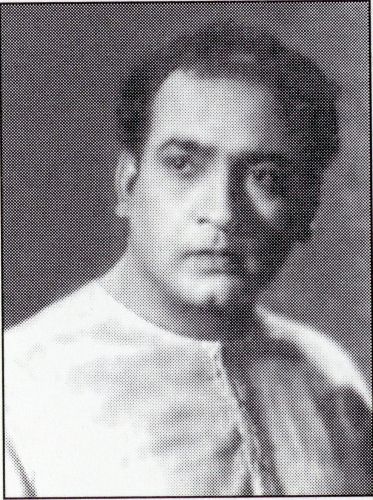
Subscribe to read full article
This section is for paid subscribers only. Our subscription is only $37/- for one full year.
You get unlimited access to all paid section and features on the website with this subscription.
Not ready for a full subscription?
You can access this article for $2 , and have it saved to your account for one year.
- Born: 22 February, 1906 (Darjeeling)
- Died: 10 February, 1974 (Kolkata)
- Primary Cinema: Bengali
One of the premiere stars of New Theatres and a beloved cultural icon in Bengal, Pahadi Sanyal enchanted audiences with both his singing and acting prowess. One of the most remembered singing stars from the thirties, he also worked in several films in Mumbai.
Born on 22 February, 1906 in Darjeeling, he had an inclination towards music right from his childhood. Initially joining the Benaras Hindu University, he left soon after for the Bhatkande Msuic Insitute, also known as the Morris College of Music of Lucknow. While there, he encountered the legendary barrister and songwriter Atul Prasad Sen. Sanyal considered Sen a mentor figure and later perform some of the most heart touching renditions of his songs. After a brief stint as the secretary of the Maharaja of Awadh, he shifted to Kolkata in 1932. He soon came to the attention of P C Barua through his friend, the cinematographer Krishna Gopal. But contractual problems prevented him from appearing in Rooplekha (1934). But acting was his destiny, so it did not take long for him to join New Theatres full time.
Sanyal's proficiency in Hindi, Urdu and Bengali, as well as his formidable singing talent made him a perfect fit for the New Theatres bilinguals. Making his debut in Debaki Bose's Meerabai (1933), he also appeared in the epic costume drama Yahudi Ki Ladki (1933). For Yahudi Ki Ladki, the songs originally sung by S D Burman were re-recorded in Sanyal's voice by Pankaj Mullick. The next year would bring New Theatres its first Hindi success in Chandidas (1934), yet another film featuring Sanyal and K L Saigal. While Saigal was the undisputed top star of the company, Sanyal would play pivotal roles in many films. These include landmark films like Dhoop Chhaon (1935), Devdas (1935), Karwan-e-Hayat (1935), Vidyapati (1937), Adhikar (1938), Sapurey (1939), Abhinetri (1940), among others. Paran holo bandhan hara, Kotha se khyalaghar, Amar ei path chawatei anondo were some of the evergreen numbers sung by him during this time. He won the Best Actor award from the Bengal Film Journalist's Association for his performance in Pratisruti (1941).
1942 was an important moment in his career, as diminishing prospects in Kolkata led him to shift to Mumbai. Nitin Bose would cast him in Milan (1946), and he would also appear in Kisise Na Kehna (1942), Insaan (1944), Kadambari (1944), and Preet (1945). His stint in Mumbai did not last long, as he was soon back in Kolkata, ready to begin the transition to character actor. He moulded himself into a commanding actor, using his supreme dialogue delivery skills to the hilt. Films like Mahakavi Girishchandra (1956), would present him in this new avatar. Some of his notable films during this time were Sadharan Meye (1948), Ulto Rath (1949), Vidyasagar (1950), Shap Mochan (1955), Sabar Uparey (1955), Sagarika (1956), Harano Sur (1957), Pathey Holo Deri (1957), Parash Pathar (1958), Jamalaye Jibanta Manush (1958), and many more. He also appeared in Merchant-Ivory's The Householder (1963). Some of his notable late career roles would come in Satyajit Ray's Kanchenjungha (1962) and Aranyer Din Ratri (1970), in which he performed one of Atul Prasad Sen's songs, Deep Jele Jai (1959), Jaya (1965), Grihadaha (1967), and Nimantran (1971). Some of his notable roles were as Vidyasagar in Vidyasagar, as Krishnachandra in Raja Krishnachandra (1953) and as Sadananda in Kanamachi (1961). He also made an appearance in Shakti Samanta's Aradhana (1969). In later years he also wrote regularly about Atul Prasad Sen in the Desh magazine.
The legendray actor passed away on 10 February, 1974.
References
https://upperstall.com/profile/luminary/pahari-sanyal/
Encyclopaedia of Indian Cinema. Ed. Ashish Rajadhyaksha and Paul Willemen. New Delhi: Oxford University Press, 1998
-
Filmography (45)
SortRole
-
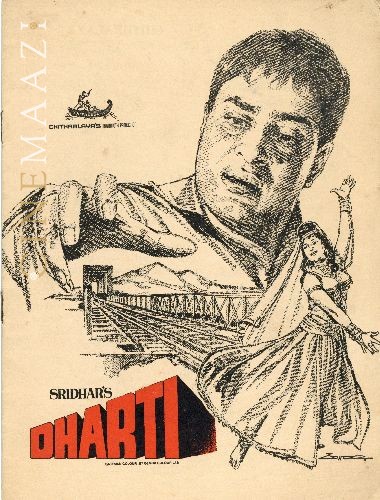
Dharti 1970
-
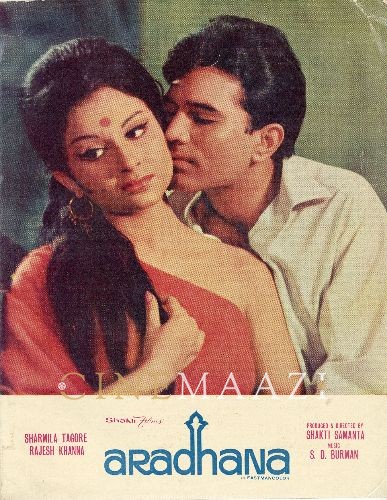
Aradhana 1969
-
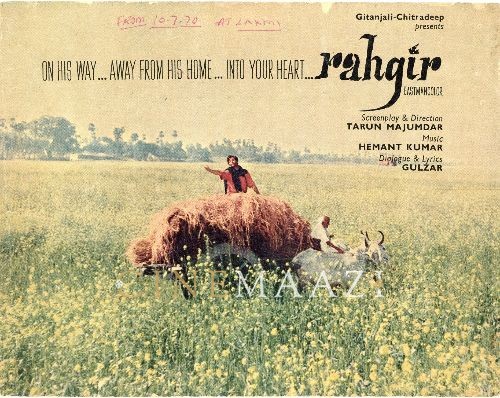
Rahgir 1969
-
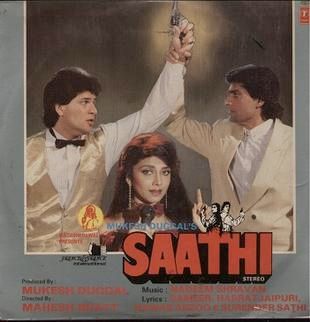
Saathi 1968
-
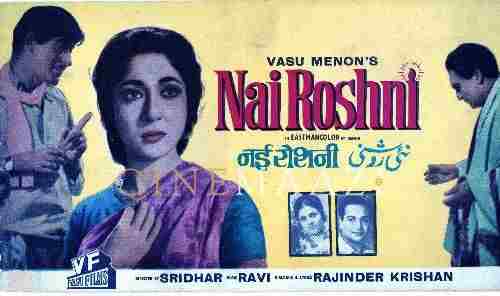
Nai Roshni 1967
-
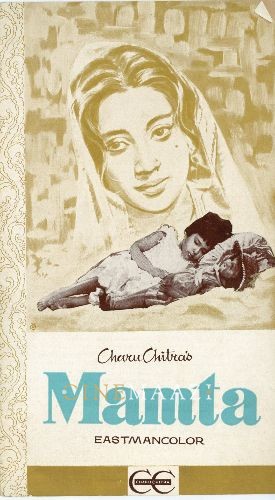
Mamta 1966
-
Alor Pipasa 1965
-
The Householder 1963
-
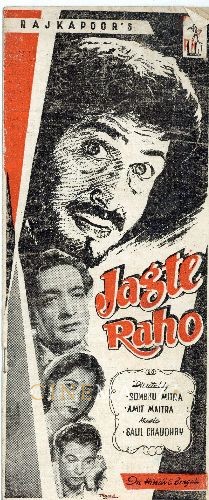
Jagte Raho 1956
-
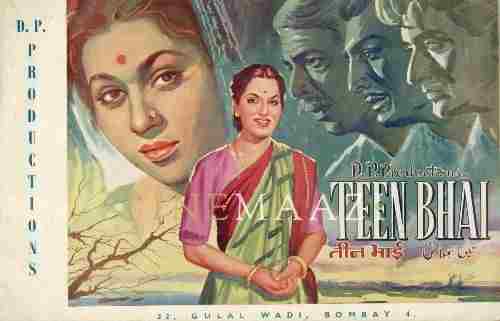
Teen Bhai 1955
-
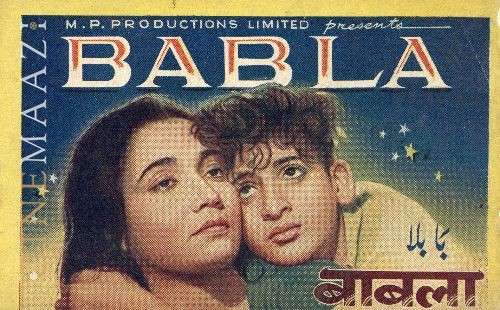
Babla 1953
-



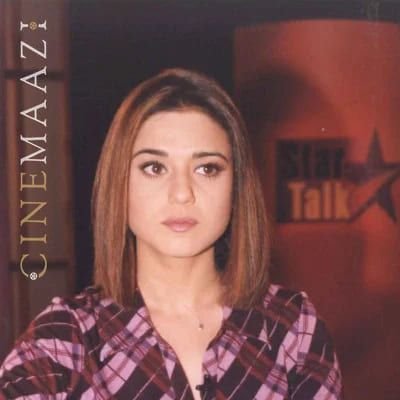
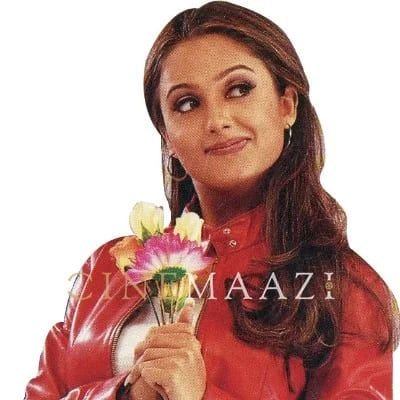
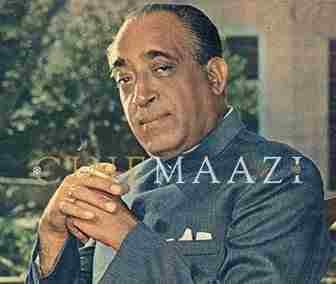
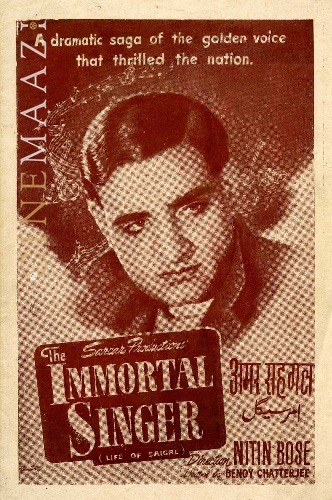



.jpg)



